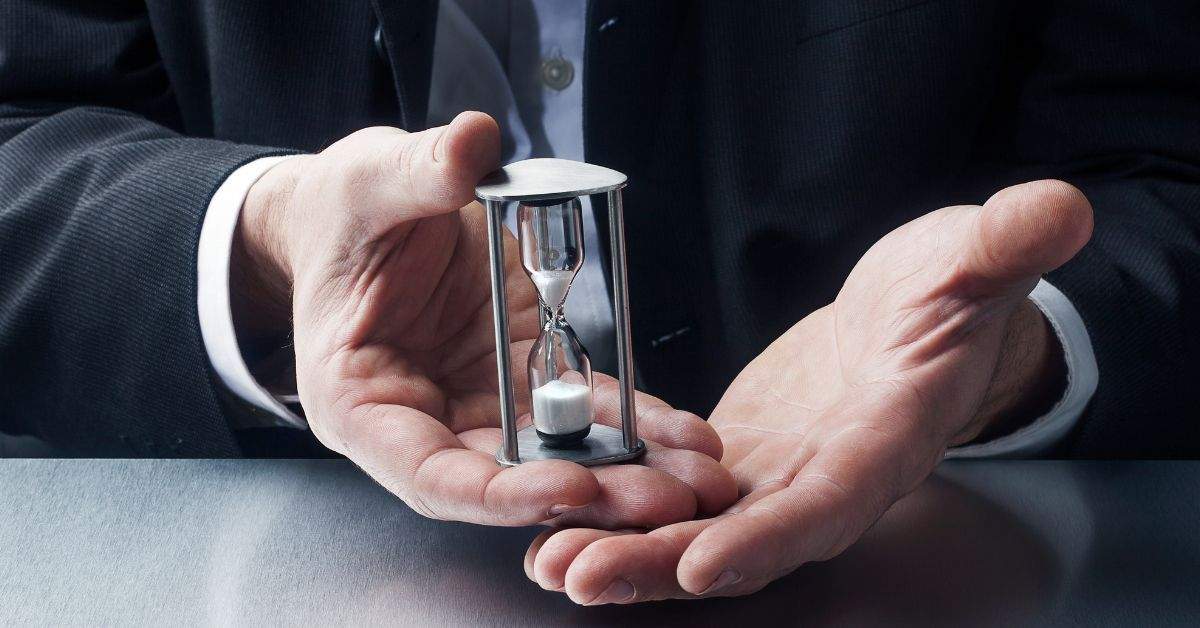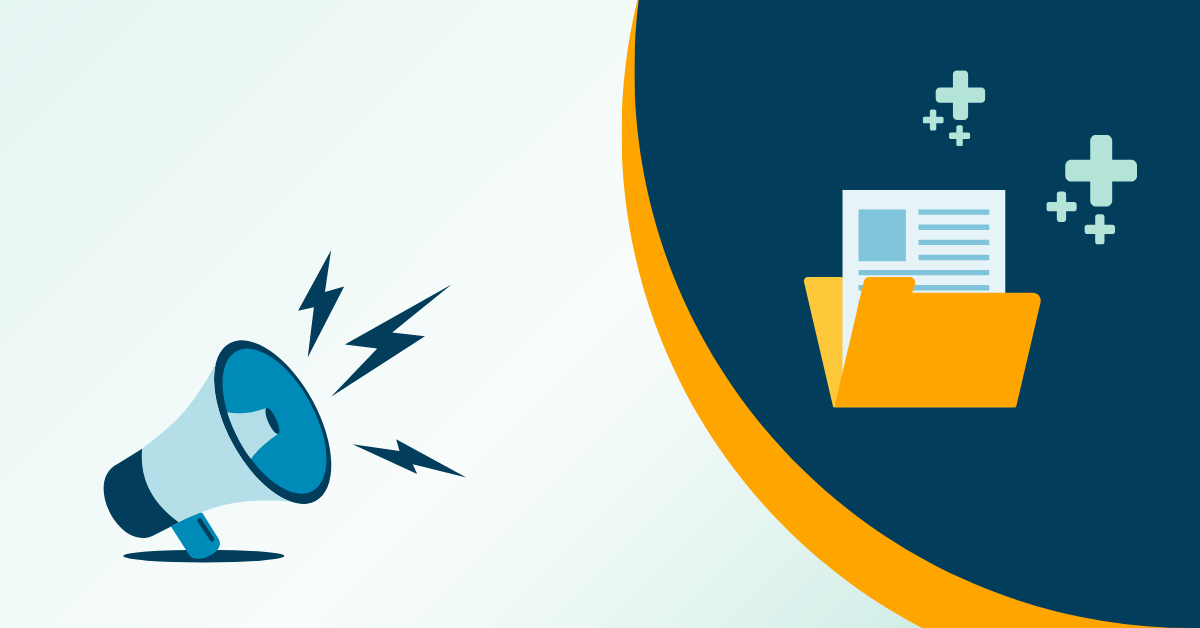How much do lawyers work? It’s a loaded question.
Everyone knows how busy lawyers are, mostly anecdotally, but I’m not sure people see the whole picture of our profession.
It’s not any one person’s fault, it’s human nature. We quantify work based on what we see. Lawyers bill for tasks completed, rarely for the time spent doing the most important part of our job — thinking.
In this article, I’d like to shed some light on the working practices of lawyers and the implications it has on our mental health.
How many hours do lawyers work?
According to Our World In Data Organization, surveys are the primary way to collect data on working hours in our profession.
They are typically conducted by national statistical agencies and come in three main types: labor force surveys, establishment surveys, and time use surveys.
Labor surveys are completed by employees themselves, establishment surveys are what employers report, and time-use surveys track how people spend their time down to the minute.
According to Bloomberg Law’s 2021 Attorney Workload and Hours Survey Analysis, respondents reported working on average 58 to 60 hours a week.
The previous year, in 2020, 75% of respondents to the Statistics Research Department Survey reported spending 20 hours or more per week on non-client-facing billable work such as legal research, court filings, and administrative or managerial work.
In 2021, lawyers recorded an average of 2.5 billable hours in an eight-hour day. This would mean that just over 30 percent of the average lawyer’s work is billed.
Billable working hours
Hhhm, you say?
Yes, a lot of what we do is not billable, or, frankly, sometimes, it is impossible to estimate how some of the non-client-facing matters may go. I have walked into the clerk’s office many times with every intention of being there for 30 minutes, but rarely does it go that smoothly.
When it’s not completed two hours later, what can you do? These non-client-facing activities are necessary to the practice, the law cannot operate without clerks, notaries, paralegals, investigators, experts, and witnesses.
For all that we quantify, in large part, the profession misses the mark of valuing the genesis of all this billable and non-billable activity; thinking, and it’s because of this that the working hours of lawyers tend to be so drastically high.
Thinking, and the working hours of lawyers
If I’m honest, I have always questioned the way we as a society view thinking.
I spend a lot of time doing, but as much time thinking, and in my years of experience, I have little doubt many other attorneys are the same.
I wasn’t too surprised that the Meyers’s Briggs test labeled me a “thinking doer.” The thing is, there are many different types of thinking, but the two I employ the most are strategic thinking and focused thinking.
Focused thinking is the time I block on my calendar to problem-solve.
Strategic thinking is the time I spend planning a 1000-feet view of things, where I want to be, and how to get there.
I rarely do anything without first thinking about how I’m going to do it.
If I were to quantify my thinking time in my work week, it would at least be an additional 10 hours and probably another three to five hours of what I’ll term “anxiety thinking”, which we all know is totally unproductive.
This way of life has its benefits, but it’s not without peril. Now, we are up to a 75-hour work week if you include how much thinking time is involved.
Implications of extended working hours for lawyers
The consequences for the working hours of lawyers, which are often excessively high compared with other professions, can be profound.
In 2021, lawyers reported feeling burnout from the never-ending day. One more text, the last email, or one more click.
All of this access we have to one another has raised expectations for responsiveness among clients and members of the legal community, and it’s overwhelming.
If this was all left up to me, I would require all lawyers to take paid sabbaticals. Being a tenured professor has always been on my bucket list because academic institutions value thinking more than other sectors do.
They cultivate time for thinking because they know their scholars will produce something that will offer a lasting return. Thinking can be great, but it can also be harmful if it’s negative thinking, and unfortunately, lawyers struggle with it.
The working hours of lawyers and their mental health
There is a lot of talk about mental health in our climate.
The topic is getting wide acknowledgment because of society’s historical disregard for the mind and its limits in spite of its possibilities.
A nationwide study of over 13,000 lawyers indicated that 28% experienced depression, 19% reported anxiety, 21% had alcohol use problems, and 11% had problems with drug use. These are absolutely astonishingly high numbers that are almost double the national average.
Lawyers also experience elevated levels of stress (i.e., perceiving events in one’s life or work as unpredictable, uncontrollable, or overloaded).
Surprisingly, suicide in the US decreased by 3% overall in 2020. Yet it was reported in February of 2023 by a peer-related journal Healthcare, that lawyers are 22 times more likely to have suicidal ideation.
The traits Big Law rewards in attorneys — perfectionism, self-reliance, and unflinching commitment to the work — are also predictors of suicidal ideation. Moreover, there’s an additional racial component of this public health concern that must be acknowledged.
Mental health repercussions among racial minorities and lawyers as a whole
Between 2014 and 2019, rates of suicide among Black people in the United States increased by 30 percent. In 2019, suicide was the second leading cause of death for Hispanics ages 15 to 34.
While society is prioritizing mental health, again, we are missing the mark, and there are a number of subgroups that are at greater risk.
Minority attorneys are just as susceptible to these national trends as in any other profession. A research investigation into attorneys from diverse backgrounds, as documented in a report in American Lawyer magazine in 2021, brought to light some concerning findings.
It was discovered that approximately 31% of Black lawyers have, at some point in their careers, considered the possibility of suicide, which is significantly higher than the 19% of white attorneys who reported the same.
Additionally, the study revealed that around 35% of Black lawyers experienced anxiety linked to their racial identity, a stark contrast to the 12% of Asian attorneys and 5% of Hispanic attorneys who reported similar feelings.
Moreover, over half, specifically 51% of Black attorneys and 49% of Asian and Hispanic attorneys, expressed that they felt their law firms did not adequately provide support for their personal well-being.
These figures are shocking enough when you examine how the mental health of lawyers as a whole is affected by the nature of their jobs. When you further break it down by race, it’s clear that there is a lot of work to be done to support attorneys of minority backgrounds who are too often feeling neglected.
Impact of technology on lawyer workloads
Technology has significantly transformed the legal profession, improving efficiency and enabling lawyers to manage complex tasks with greater speed.
However, this digital revolution has also led to an increase in lawyer workloads, creating new challenges that we must consider.
Email, instant messaging, and constant access to mobile devices have made it possible for lawyers to stay connected around the clock, but this constant connectivity has blurred the boundaries between work and personal life.
The expectation of near-instant responses has become the norm, with clients and colleagues often anticipating immediate replies, even outside regular business hours.
This has led to extended workdays, making it difficult for lawyers to disconnect and recharge.
The myth of multitasking, fueled by the ability to switch between emails, messages, and documents, has further exacerbated the issue. Instead of increasing productivity, this fragmented way of working often leads to cognitive overload, decreased focus, and longer hours spent on tasks.
The relentless pace enabled by technology has serious implications for mental health. The inability to disconnect can result in chronic stress, burnout, and mental health issues such as anxiety and depression.
The challenge of setting clear boundaries between work and personal time only intensifies these effects, eroding overall well-being.
To mitigate these challenges, lawyers must adopt strategies to manage technology use, such as setting specific times for communication and turning off notifications after hours.
Law firms should also promote policies that encourage work-life balance, helping lawyers maintain their mental health in an increasingly connected world.
What now?
What’s happening, you ask? We are talking and thinking about the problem and not doing enough. I know you are reading and saying that this could never happen to you. My late brother, Dr. George Willis Bartley, III, likely thought the same thing until it did happen to him.
I appreciate all the sharing of resources and the CLEs, but I’d like to see the legal community mandate or normalize mental health days the same way they mandate we pay occupation taxes, pass the bar, or qualify for character and fitness.
It’s crucial for all lawyers to prioritize themselves; otherwise, their impact on their clients’ matters will be limited.
It is not just about the number of hours lawyers work but rather how we quantify and value how lawyers work.
It’s not about what you can see, it’s about what you cannot. That which no one can see is the beginning of all that the world finally does see, in pleadings, in demand letters, and in judicial opinions.
The legal profession is a thinking person’s sport, for better or for worse. The goal is to operate as much as possible on the positive side of things, but when you do not know how to ask for help, it could save your life.
Conclusion
When people ask how many hours lawyers work, it’s really difficult to give a simple answer.
Lawyers’ working hours extend beyond visible billable tasks, encompassing vital but often overlooked thinking time.
Surveys consistently reveal attorneys dedicate considerable effort to strategic planning and problem-solving, yet this demanding lifestyle leads to burnout due to heightened expectations of immediate response.
Prioritizing time outside of billable hours is crucial to solving the alarming mental health crisis among lawyers, and urgent steps are needed, such as mandating mental health days and fostering more supportive environments.
Valuing the unseen thinking behind our work can save lives when accompanied by the courage to seek help.








